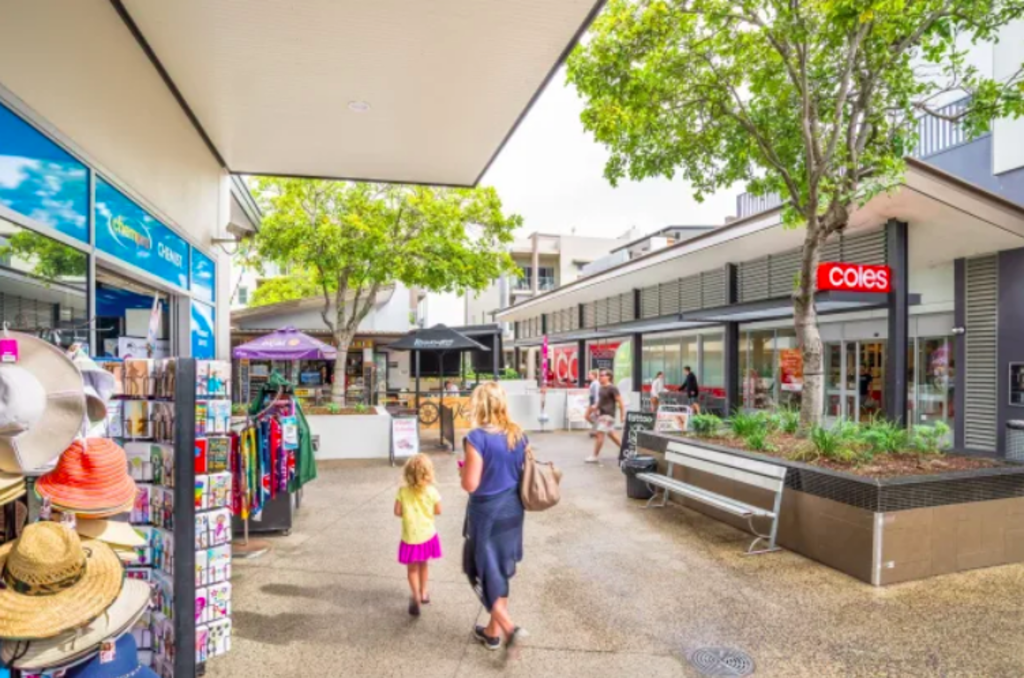
SCA seeks $300m to boost balance sheet, hefty writedowns at GPT
SCA Property Group chief executive Anthony Mellowes says its $300 million equity raising will give the convenience mall owner the firepower to purchase distressed assets and the balance sheet strength to “withstand any shocks” that may come from the unfolding COVID-19 pandemic.
The owner of 85 shopping centres anchored (except one) by either a Coles or Woolworths supermarket kicked off the first capital raising by a listed property trust since the pandemic struck with a fully-underwritten $250 million institutional placement and $50 million non-underwritten unit purchase plan.
The offering at $2.16 per share, revealed by The Australian Financial Review‘s Street Talk column, will reduce gearing to 24 per cent from 32.8 per cent as of December 31 – well below its target range of 30-40 per cent.
“The feedback we have gotten from our investors has been very supportive of the capital raise,” Mr Mellowes said.
The fresh injection of equity will be used to pay down a chunk of debt and free up cash to take advantage of a “unique opportunity to acquire quality assets at competitive prices over the next 6-12 months”.
Mr Mellowes said those mall owners with high gearing levels could present distressed acquisition opportunities over the coming months.
At the same time as SCP unveiled its capital raising, diversified fund manager GPT Group, reported hefty writedowns of its destination malls, which have been more heavily impacted by COVID-19 restrictions and shutdowns.
As part of its March 31 quarterly valuations, GPT’s flagship Wholesale Shopping Centre Fund recorded a $511 million writedown, representing a decline in book value of approximately 11 per cent.
The fund, which is 28.5 per cent owned by GPT Group, owns interests in seven malls including Highpoint Shopping Centre, in Melbourne, Wollongong Central and Macarthur Square in Sydney’s west.
“The reduction in retail valuations takes into account the independent valuers’ assessment of the effects of COVID-19 and is largely the result of a softening in the assumptions for market rental growth, restricted trading conditions andvacancy downtime,” GPT said.
GPT Wholesale Office Fund suffered a negative revaluation of approximately $183 million, a decline in book value of approximately 2 per cent, mainly due to lowernear term rental growth assumptions.
Mr Mellows said his group was not immune to the current unprecedented market conditions with forced tenancy closures impacting about 7 per cent of its gross monthly income.
However, with the bulk of its tenants comprising supermarkets (which account for 48 per cent of base rent) and essential services retailers such as pharmacies and healthcare providers, its malls were also benefiting as more people “lived and shopped locally” due to the current restrictions on movement.
“Some of our tenants are trading very strongly,” Mr Mellowes said.
GPT shares closed up 2.4 per cent at $3.83.











